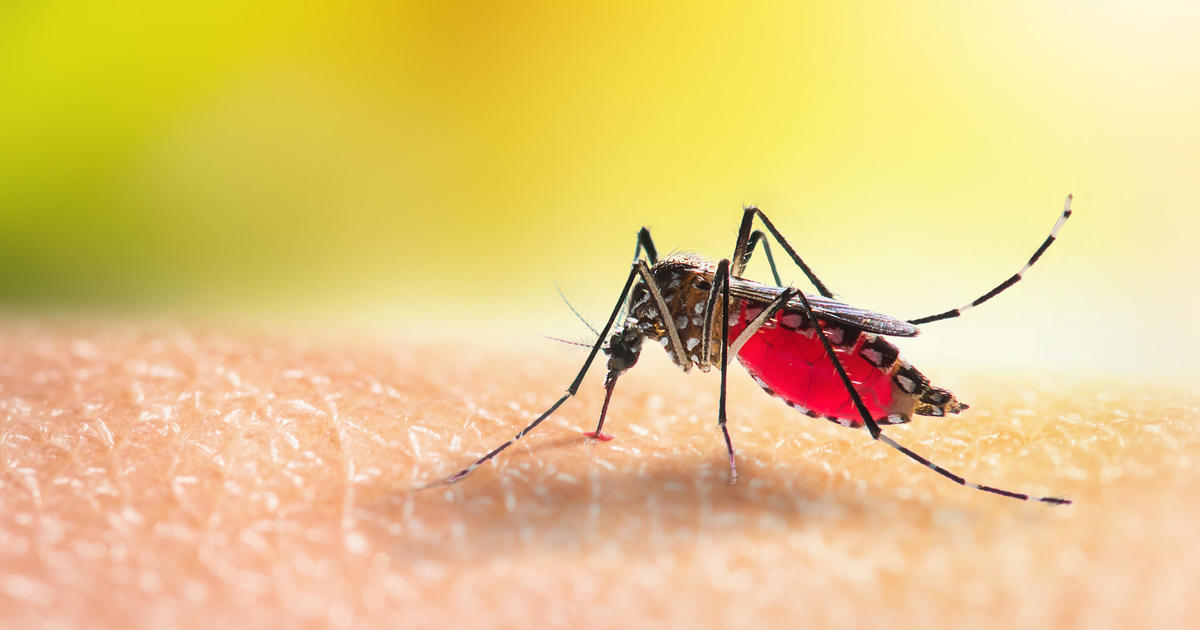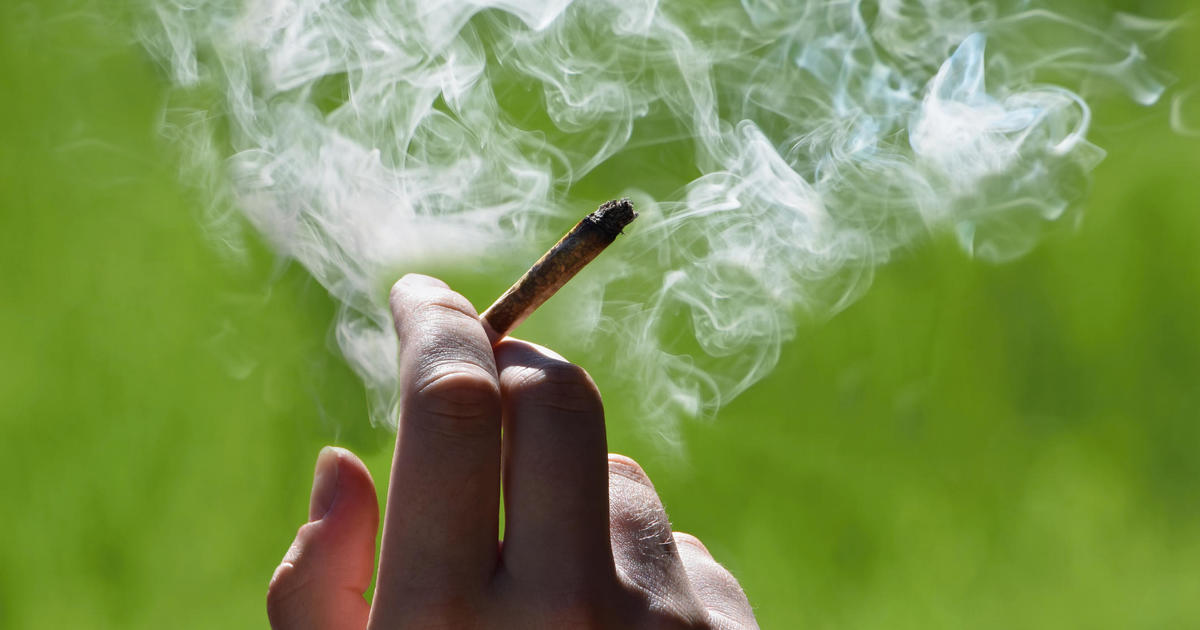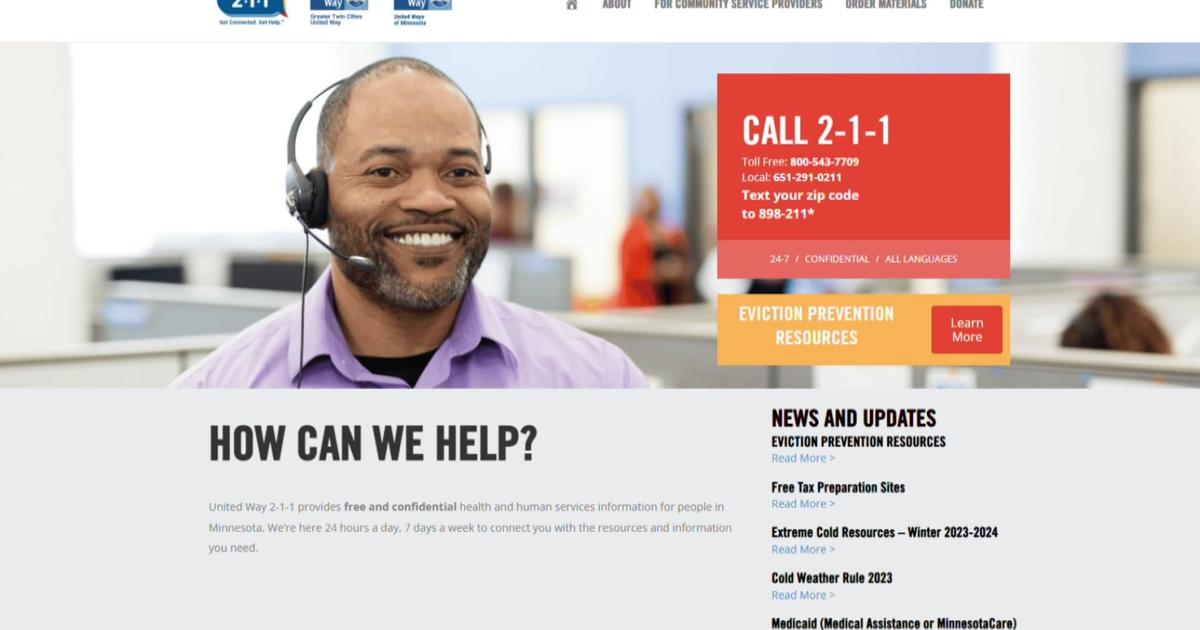With Recent Local COVID Surge, Experts Say It's Time To Recommit To Life-Saving Precautions
MINNEAPOLIS (WCCO) -- Pandemic fatigue is setting in, and the numbers reflect that.
COVID-19 case numbers and deaths continue to rise in Minnesota.
"It's clearly worse," said Dr. Frank Rhame, an infectious disease specialist for Allina Health and Abbott Northwestern.
Rhame says it's not just because of increased testing. Minnesota's positivity rate is still hovering at or above the 5% threshold indicating community spread - despite increased testing.
"That's where the discipline comes in," Rhame said.
For months, many people have worked hard to limit themselves, but the virus is working harder.
So what can we do?
"People don't need to drive themselves crazy on this," Rhame said. "What you can develop is your own bubble."
He says if you are going to venture out do it with a small and consistent group.
"So you find another family that's also very careful, their kids like your kids and then you socialize within that bubble," Rhame said.
And as you think about indoor activities this season, remember "the hazard of it depends on crowding ventilation and size of the space," Rhame said.
Dr. Michael Osterholm from the University of Minnesota says now is not the time to let up.
"We're still largely in the third maybe the top of the fourth inning with this virus," Osterholm said.
He says recent outbreaks in workplaces and teen sporting events indicate life returning to as we knew it, but that has consequences.
And there's plenty of temptation to come this year - including holidays.
"The tradition is to come together if you really love your family this year thats what you won't do," Osterholm said. "This is our COVID year and we have just got to get on with understanding that."
It's also helpful to distinguish COVID-19 symptoms heading into cold and flu season.
If you have the flu, it comes on fast, you'll often feel like you got hit by a truck.
COVID-19 can creep up, with mild or no symptoms at first. Loss of taste and smell and shortness of breath are the noticeable differences.
And a common cold typically doesn't have a fever over 100.5 degrees. If you can't tell the difference, call a triage nurse. They can help.
"Even if you have COVID-19, if you're doing really well we don't want you in our clinics," Rhame said.
So the expert advice? Get your flu shot and stay in your bubble.
"Every little bit helps and most importantly that little bit could be the life that you save," Osterholm said.
Osterholm says he thinks the next six to twelve weeks will be the worst we've seen since the start of the pandemic. The numbers too are going to surpass the peaks we saw mid-summer



